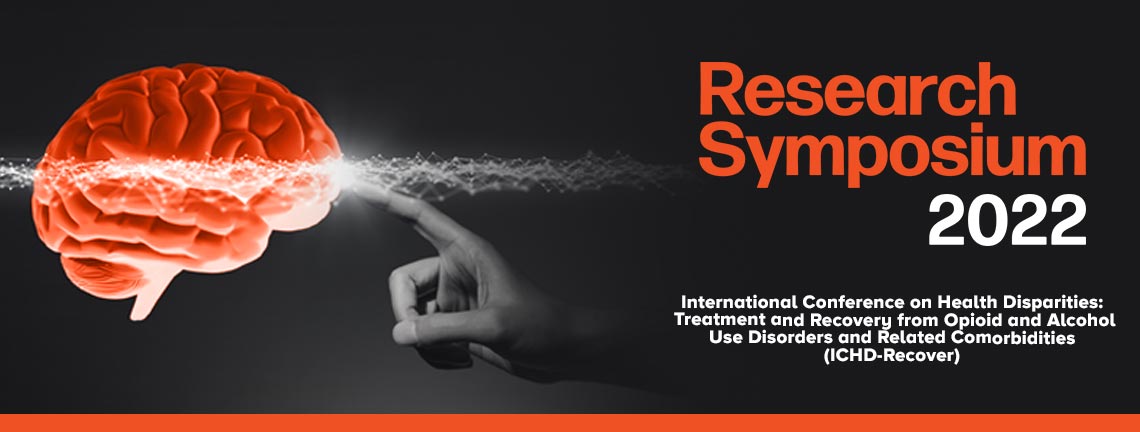
Posters
Academic/Professional Position (Other)
PGY2
Presentation Type
Poster
Discipline Track
Community/Public Health
Abstract Type
Program Abstract
Abstract
Purpose: The purpose of the University of Texas Rio Grande Valley (UTRGV)-Doctors Hospital at Renaissance (DHR) Family Medicine Residency Program’s (FMRP) Wellness Committee (WC) was aimed at improving resident wellbeing as measured by the annual ACGME well-being survey. In 2021, residents reported higher rates of illbeing in the annual wellness survey, potentially influenced by the COVID-19 pandemic. Specifically, Resident responses to the following items fell below the national average: fostering a supportive environment by the program, feeling emotionally drained, and needing more recovery time. The WC hypothesized that the following elements are critical in improving resident wellbeing: a definitive wellness goal, consistent wellness focused activities, and improvement of peer-to-peer cohesion.
Description and Partners: The WC is made up of 4 faculty members and 8 residents. Recognizing the missing elements in our environment, we began to problem solve by creating a collective wellness-oriented goal to guide and structure our programming for the year. The WC, then, created a calendar of scheduled events. Each activity was designed to promote, inspire, and/or educate the enhancement of mental and physical wellbeing. The wellness calendar had monthly and annual events. Faculty and Residents were routinely informed about each event through the digital Wellness Calendar. The wellness calendar also included information such as birthdays to foster common points of reference among the residents and faculty. Participation was highly encouraged with reminder emails sent monthly.
Looking Ahead: Overall, resident wellbeing improved in 2022 based on the annual ACGME wellbeing survey from 2021. Specifically, in fostering a supportive environment which was found above national average (3.8 vs 3.6). Residents disagreed more with statements of feeling emotionally drained (76.2%), needing more recovery time (66.8%), and increased post-work fatigue (66.7%). Additionally, residents agreed that events and strategies organized by the WC were inspiring (94%), promoted wellness (100%) and taught wellness (88%). The next step of development is to enrich the content of the calendar to further allow residents to overcome workplace exhaustion which is still above national average.
Recommended Citation
Lancarte, Cameron Paul and George, Deepu, "Quality Assessment of the UTRGV-DHR FMRP Wellness Committee" (2023). Research Symposium. 18.
https://scholarworks.utrgv.edu/somrs/2022/posters/18
Included in
Quality Assessment of the UTRGV-DHR FMRP Wellness Committee
Purpose: The purpose of the University of Texas Rio Grande Valley (UTRGV)-Doctors Hospital at Renaissance (DHR) Family Medicine Residency Program’s (FMRP) Wellness Committee (WC) was aimed at improving resident wellbeing as measured by the annual ACGME well-being survey. In 2021, residents reported higher rates of illbeing in the annual wellness survey, potentially influenced by the COVID-19 pandemic. Specifically, Resident responses to the following items fell below the national average: fostering a supportive environment by the program, feeling emotionally drained, and needing more recovery time. The WC hypothesized that the following elements are critical in improving resident wellbeing: a definitive wellness goal, consistent wellness focused activities, and improvement of peer-to-peer cohesion.
Description and Partners: The WC is made up of 4 faculty members and 8 residents. Recognizing the missing elements in our environment, we began to problem solve by creating a collective wellness-oriented goal to guide and structure our programming for the year. The WC, then, created a calendar of scheduled events. Each activity was designed to promote, inspire, and/or educate the enhancement of mental and physical wellbeing. The wellness calendar had monthly and annual events. Faculty and Residents were routinely informed about each event through the digital Wellness Calendar. The wellness calendar also included information such as birthdays to foster common points of reference among the residents and faculty. Participation was highly encouraged with reminder emails sent monthly.
Looking Ahead: Overall, resident wellbeing improved in 2022 based on the annual ACGME wellbeing survey from 2021. Specifically, in fostering a supportive environment which was found above national average (3.8 vs 3.6). Residents disagreed more with statements of feeling emotionally drained (76.2%), needing more recovery time (66.8%), and increased post-work fatigue (66.7%). Additionally, residents agreed that events and strategies organized by the WC were inspiring (94%), promoted wellness (100%) and taught wellness (88%). The next step of development is to enrich the content of the calendar to further allow residents to overcome workplace exhaustion which is still above national average.

